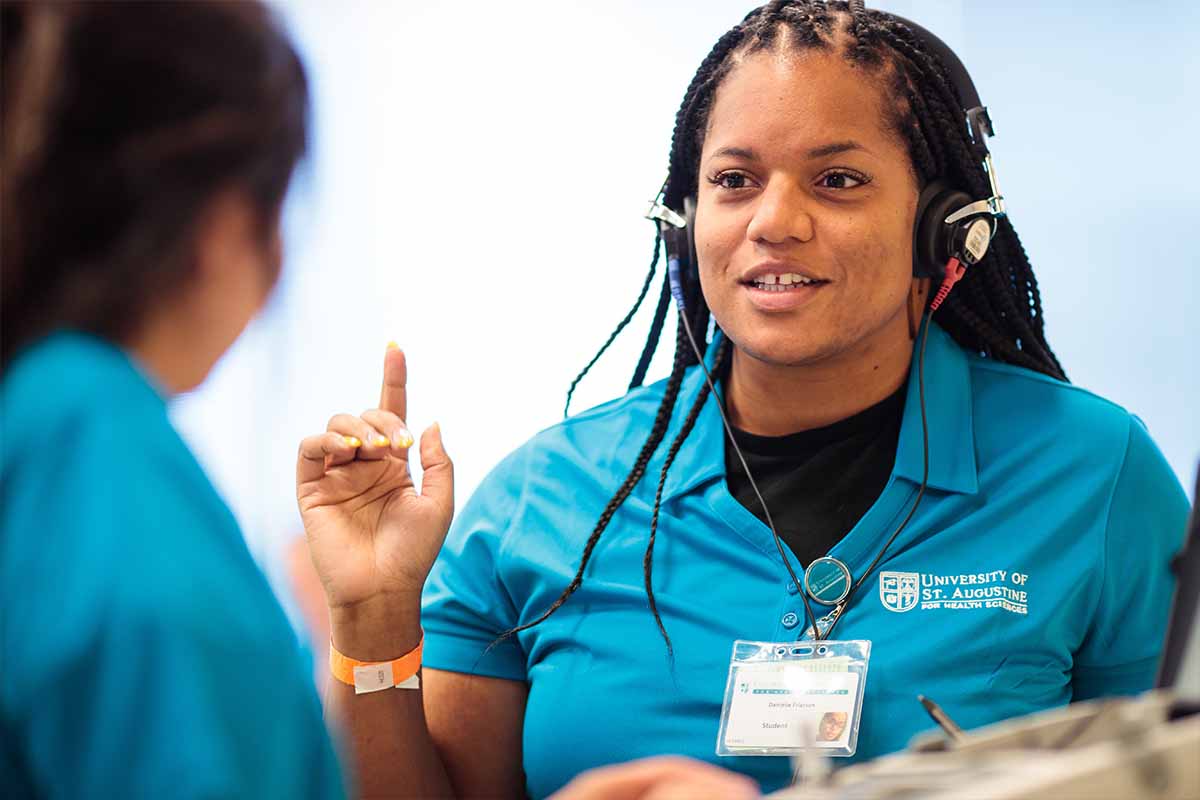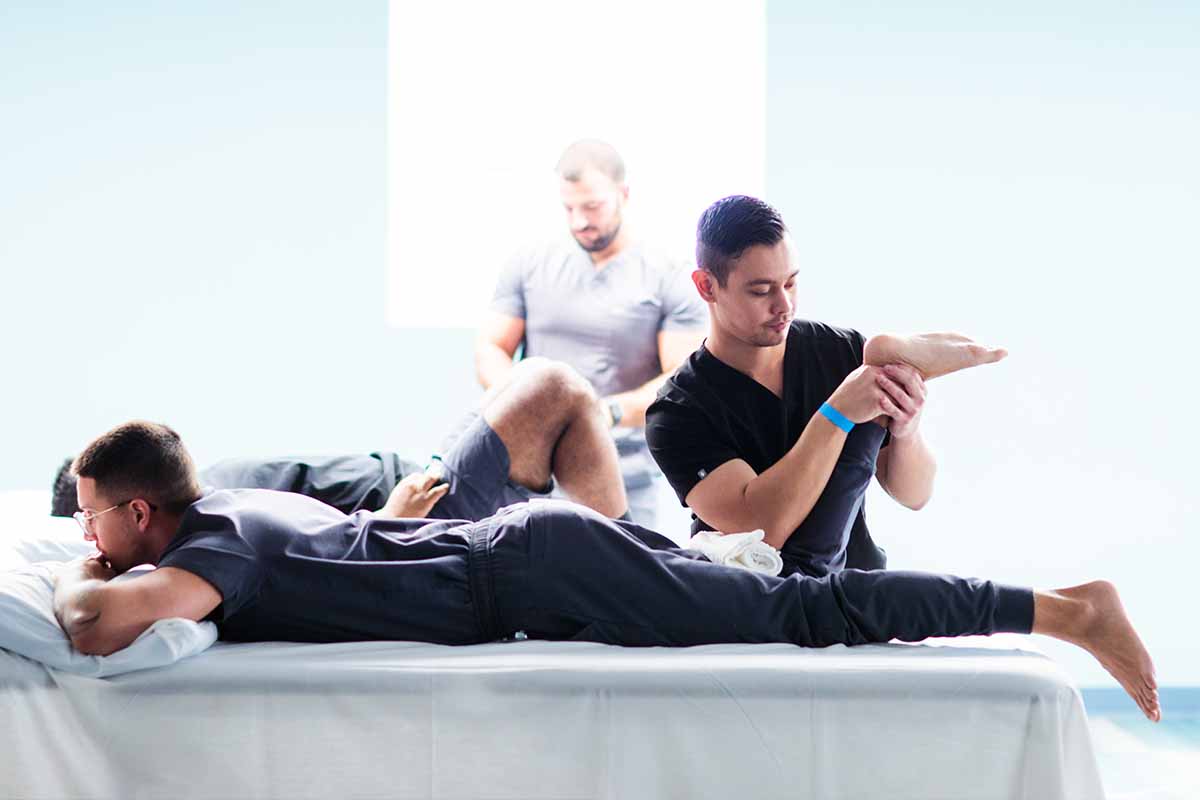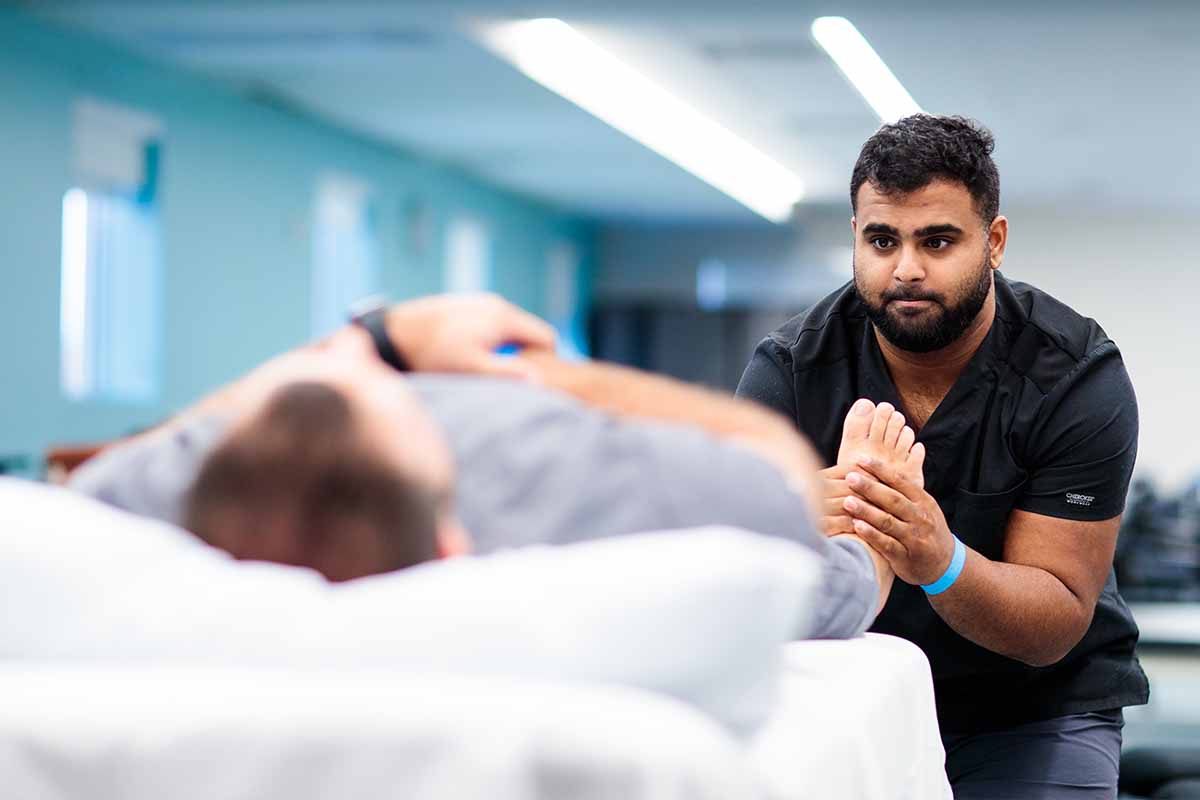
The Doctor of Education (EdD) degree opens doors to roles in teaching and educational leadership across a wide variety of settings. Because the career options for a candidate with this doctoral degree are broad, so are the options for study. General EdD programs are available, as well as programs that are specialized on subjects within education. Which type of program is right for you? It depends on your past and future: Your professional experience and where you want to take your career.
General Programs
In a general EdD program, you will gain the skills you need to become a faculty member and administrator in school settings such as pre-K–12 systems, school districts, higher education institutions, and even corporate and military training settings. Educators are prepared to teach a range of subjects. Along with the title of teacher, graduates of general EdD programs become school administrators and superintendents, provosts, chief learning officers, education specialists, training and development managers, curriculum directors, researchers, and educational policymakers.
More universities offer the general EdD than specialized programs, so if you wish to study on campus in a particular city, this is a good option. Many general EdD programs are also offered online.
Specialized Programs
Specialized EdD programs focus on teaching and administration in specific subjects, such as:
- Organizational leadership, aimed at developing leaders of educational organizations
- Educational technology, for those who wish to become instructional designers and online curriculum developers
- Special education, for those who want to adapt curricula for pre-K–16 students diagnosed with learning exceptionalities
- Curriculum and instruction, aimed at those who wish to develop curricula and programs for K–12 education
- Healthcare education, for healthcare practitioners who want to educate the next generation of practitioners
Specialized programs follow a more focused curriculum that will likely have greater relevance to your professional background and to your future career. Your classmates will be your professional peers, with different perspectives you can learn from and valuable connections in the job market.
An Example: USAHS
The University of St. Augustine for Health Sciences (USAHS) offers an EdD degree devoted to healthcare practitioners and educators. The program prepares graduates not only for teaching roles but also for research, administrative, and leadership positions in a variety of healthcare education settings. It’s a flexible, individualized program with acceleration options, a wide array of electives, and the opportunity to engage in independent directed study or a teaching internship. The EdD offers specializations in Nursing Education, Athletic Training, Teaching and Learning, and Executive Leadership.
The USAHS EdD program brings together students with backgrounds in nursing, physical therapy, occupational therapy, speech-language pathology, athletic training, counseling, healthcare administration, and more. Our graduates have gone on to become associate faculty members and professors in their field; we also count among our alumni a dean of rehabilitative sciences and a director of clinical education.
The program’s emphasis on interprofessional education is a selling point for many. “I’ve been able to learn and grow as an educator by studying with a variety of health professionals,” says Nicole Wilkins, an EdD student at USAHS. “We speak the same [healthcare] language, we understand each other—but we all come from very different backgrounds. So what I’ve experienced as an athletic trainer, someone who is a physical therapist might have a very different take on the exact same issue, but we can collaborate with each other and say, ‘I never really thought about it from this perspective—that’s a really interesting way of looking at it.’”
Because the program is so focused, students can more easily customize it to their career goals. Kayla Collins, an alumna of USAHS’s Master of Occupational Therapy program and a student in the EdD program, says that faculty explore with students “how they can make the program work to meet your goals and what you want to become as a professional.” She chose to earn her EdD at USAHS because “I know the quality. It’s an independent but individualized program.” Including the dissertation, the program takes between three and five years to complete.*
So if you are exploring EdD programs that could take you from practitioner to professor, consider a program that is aligned with your past—and your future.
The University of St. Augustine for Health Sciences (USAHS) offers an online EdD program designed for working clinicians and healthcare educators, with optional on-campus immersions. Specializations include Nursing Education, Athletic Training, Teaching and Learning, and Executive Leadership. Complete coursework when and where you want and earn your advanced degree while keeping your work and life in balance.
*The program is designed to be completed in this amount of time; however, the time to completion may vary by student, depending on individual progress, credits transferred, and other factors.










